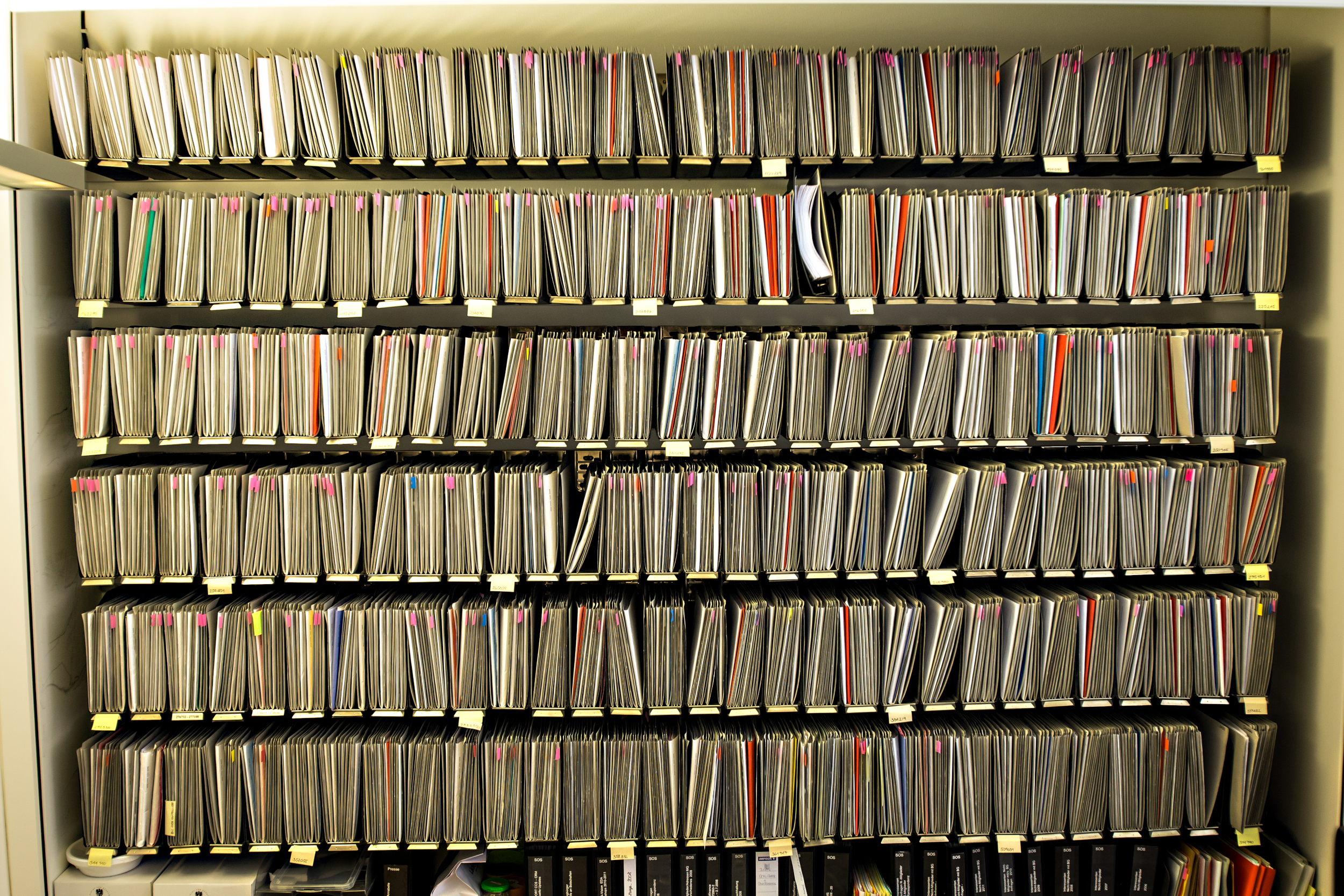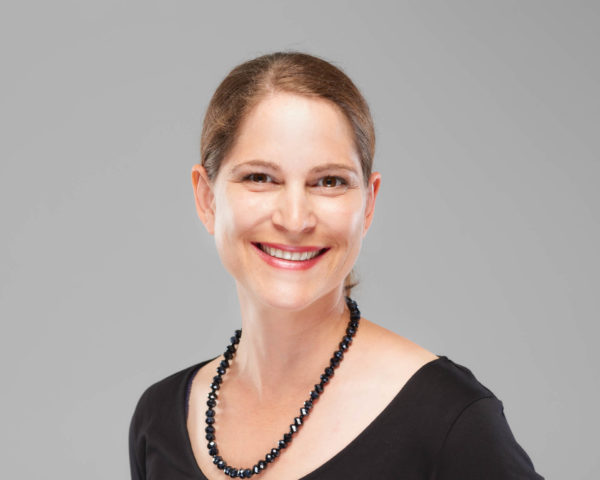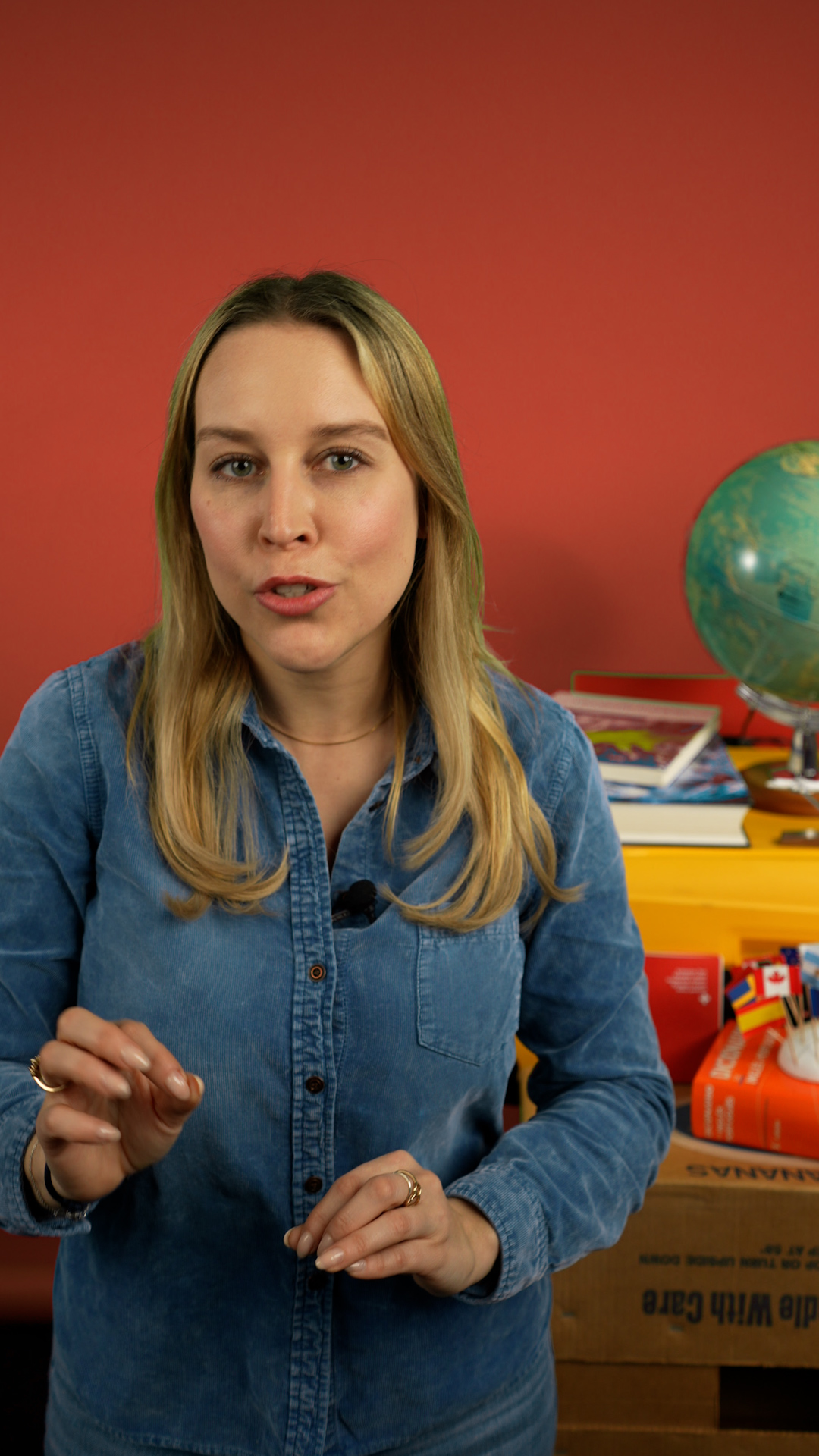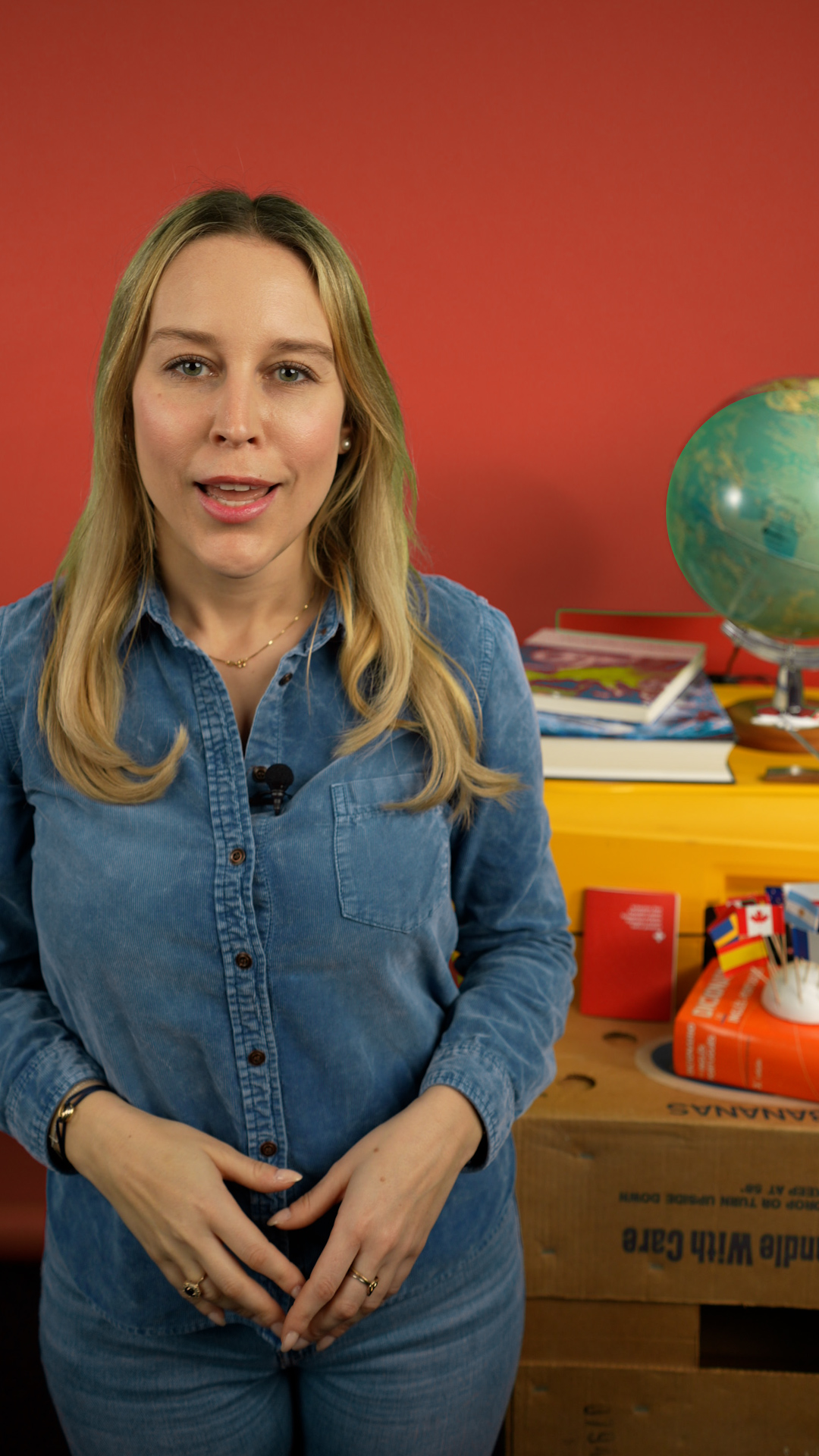
How a small cooperative extends a lifeline to Swiss abroad

Every year 30,000 Swiss choose to leave their homeland. Along the way they face a number of challenges that a little known cooperative organisation – Soliswiss – can help with.
The bank account has been cancelled, health insurance is lacking, the dream of life abroad is either falling apart or is finally happening. For Swiss citizens abroad, it can be difficult to anticipate the challenges that can arise when building a life far away from home.
Looking for help, support or information often requires a lot of research. Few Swiss know that there is a cooperative that can deal with their concerns.
Advising and finding solutions
Soliswiss came into existence in 1958 as a Solidarity Fund Cooperative for Swiss Abroad. Unlike the Organisation of the Swiss Abroad (OSA), which is mainly concerned with the political interests of Swiss citizens living abroad, the founding idea of the association was to absorb financial vulnerabilities – in other words, to help members of the cooperative help themselves by providing money they can use in an emergency.

However, with the exception of the Covid-19 pandemic, these basic ideas of solidarity have declined over the past 65 years, says Soliswiss director, Nicole Töpperwien. Now the focus has turned to advising those who want to emigrate or repatriate, as well as globetrotters or pensioners who want to spend their retirement abroad.
In 2022 Soliswiss responded to 3,200 requests, according to Töpperwien. Non-members can access its expertise for a fee. “Soliswiss helps, advises, [and] offers possible solutions and networks,” Soliswiss writes in its most recent annual report. This service is provided by six employees. The board consists of seven members, who each have experience with emigration and Swiss citizens abroad.
The association is getting younger
Soliswiss membership spans the globe: 4,000 people from over 130 countries are members of the cooperative.
“We have members who have been with us since the beginning,” says Eveline Zurwerra, who is responsible for communications at Soliswiss.

As the cooperative now specialises in questions related to work and retirement abroad – themes that more and more Swiss are interested in – it has attracted increasingly younger members: the average age is currently 55. Numerous web-based seminars on work-related topics are regularly booked out.
Only Swiss citizens can become members of the cooperative. This is written in the statutes. “There is indeed a call to allow people without Swiss citizenship to become members of Soliswiss,” says Töpperwien. The organisation often receives inquiries from Germany. Soliswiss is not able to offer membership to these interested people, but it can offer advice for a fee. “The Swiss remain at the centre,” says Töpperwien.
Martin Hauser became a member of the cooperative in the early 2000s. It was an intuitive decision, which he says “turned out not to be wrong.” Soliswiss became his reliable security net when he was working as a university professor in Romania in the 1990s. The cooperative gave him good advice in delicate situations and also supported him financially.
“Even as a professor at UNESCO, I was not really spared local political aggression and appetites at the time,” he says.
Hauser is one of the few members of the cooperative who take part in the annual general meeting. “Over the past ten years, the most popular general meeting [we had] was attended by 50 members,” says Zurwerra. Some of the members who choose not to fly to Switzerland especially for the annual meeting regularly arrange for a proxy to cast their vote.
Several million francs for Swiss abroad in need
Even if the idea of solidarity is no longer central, more than CHF725,000 ($785,700) have been paid out from the Soliswiss aid fund since the cooperative was established. The fund, which is financed by donations, steps in when a Swiss abroad urgently needs assistance.
This help can take many forms. For example, a member needed to buy a tuk-tuk to help him get around after he was bit by a crocodile and had difficulty getting around.
The solidarity cooperative is less flexible when it comes to the payment of lump-sum compensation, which is funded from reserves. Payouts from this pot are strictly regulated. To be eligible, a member must have suffered a loss of economic livelihood due to war, civil unrest, or general political coercion.
“Soliswiss was the best decision of my life,” says Roger Gava in a film celebrating the 50th anniversary of Soliswiss. He lost his income source in the 2001 Argentinian economic crisis. As a Swiss living abroad, he received financial help from the cooperative and was able to leave the country. Back in Switzerland he landed on his feet again. To date, more than CHF 9.5 million in lump-sum compensation has been paid out.
The cooperative for Swiss citizens abroad receives no government funding. When the Swiss Abroad Act came into force in 2015, Soliswiss lost its default guarantee from the federal government. Before that the state would have helped the cooperative out with interest-free loans in the event of financial bottlenecks. Since 2015, Soliswiss has had to stand on its own two feet. With a growing membership that’s also getting younger, the cooperative should have no problem doing that.
Edited by David Eugster. Adapted from German by Sue Brönnimann/gw
More

In compliance with the JTI standards
More: SWI swissinfo.ch certified by the Journalism Trust Initiative






































You can find an overview of ongoing debates with our journalists here . Please join us!
If you want to start a conversation about a topic raised in this article or want to report factual errors, email us at english@swissinfo.ch.